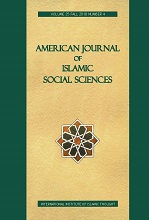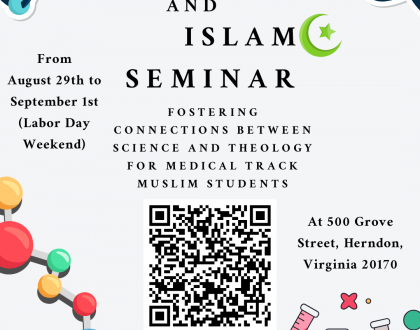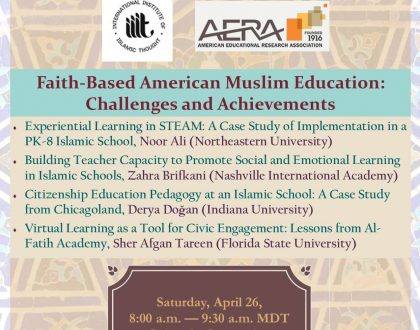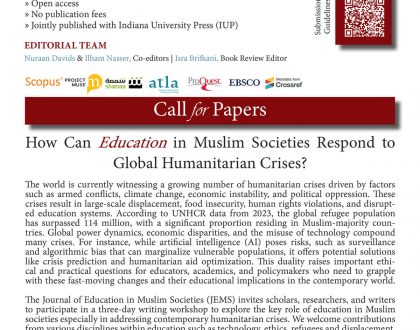New Issue of American Journal of Islamic Social Sciences 35:4

The American Journal of Islamic Social Sciences (AJISS), established in 1984, is a quarterly, double blind peer-reviewed and interdisciplinary journal, published by the International Institute of Islamic Thought (IIIT), and distributed worldwide. The journal showcases a wide variety of scholarly research on all facets of Islam and the Muslim world including subjects such as anthropology, history, philosophy and metaphysics, politics, psychology, religious law, and traditional Islam.
The 35:4 AJISS issue opens with an editorial that draws attention to the plight of the Uyghur Muslims of East Turkestan facing sustained Chinese government persecution. The issue then features two main articles. The first article, by Dr. Mohammad Syifa Amin Widigdo, argues that the Aristotelian dialectic was adopted within medieval Islamic theology and law and Christian scholasticism toward distinctive purposes: the Greeks aimed to defeat an opponent by showing logical contradictions, Christian scholastics searched for the truth by bringing out the preexisting truth in the mind of the teacher, and Muslim dialecticians employed it to arrive at a level of certainty in knowledge in both epistemological and psychological senses. The second article reports multi-author empirical research by Drs. Bartkowski, Acevedo, Karakeci, and Campbell on the analysis of data extracted from the World Values Survey. It investigates early twenty-first century religious influences on Turkish Muslim women’s attitudes toward gender inequality, hypothesizing that religious devotion among Muslim women in Turkey is associated with greater support for gender inequality across the institutional domains of family. Finally, following the book reviews, the issue includes an extensive and erudite response by Professor Sherman Jackson to some crucial and timely issues raised by Professor Kecia Ali, who has argued that Muslim male scholars often omit, overlook, undervalue, or dismiss the scholarly views and interventions of female scholars. Jackson’s response is thoughtful, engaging, and respectful, even if it refuses to grant the premise of Ali’s argument.
For Inquiries: ajiss@iiit.org
Additional information about AJISS can be found here: http://www.ajiss.org
NEWLY RELEASED 35:4 Issue – Sample
Recommended Posts

Exploring Bioscience & Islam Seminar Series
May 21, 2025

IIIT at AERA 2025 Annual Meeting
April 14, 2025

JEMS – Call for papers
April 11, 2025
